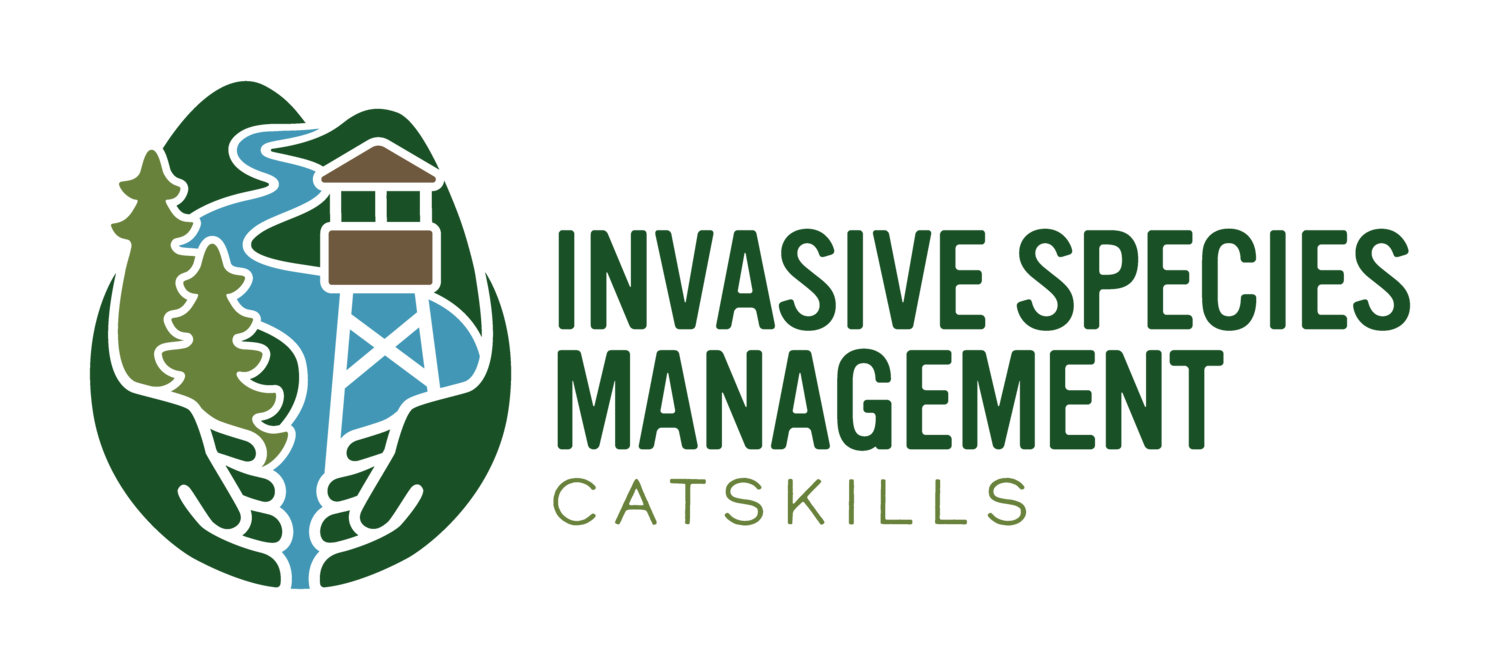DOWNLOAD CRISP ANNUAL REPORTS
2023
2022
2021
2020
2018
2017
2016
2015
2014
2013
2012
2011
CRISP IN THE NEWS

CRISP Reports
Credit: http://nyis.info
Hemlock Woolly Adelgid Survey
CRISP partnered with The Nature Conservancy to perform a hemlock health and hemlock woolly adelgid survey throughout the largest hemlock stands in the Catskills. The results will be used to inform future biological control efforts and other conservation measures. Follow the link to a PDF report on our results!
Credit: www.valleynewslive.com
Aquatic Nuisance Species Survey
In partnership with Bill Harman at SUNY Oneonta, CRISP identified aggressive high threat aquatic nuisance species and took a survey of aquatic exotic species found in lakes and streams of the Catskill region during the summer of 2011.
Learn more here: Aquatic Invasive Species Inventory
See the final report here: Aquatic Invasive Species Report
Credit: http://www.english-country-garden.com
Marsh Thistle Early Detection and Rapid Response
In partnership with SUNY Oneonta’s Biology Department, CRISP is responding to an early detection of an invasive plant that can take over wet meadows and roadsides.
Learn more here: Marsh Thistle Early Detection
Credit: http://www.witf.org
Susquehanna River Assessment
In partnership with Otsego County Conservation Association, CRISP is sponsoring a five-day paddle along the Susquehanna River from Cooperstown to Sidney mapping invasive aquatic species such as water chestnut and removing small pockets of the spot
Learn more here:Susquehanna River Assessment
Credit: https://www.northernvirginiamag.com
Isolated Ash Grove Citizen Science Monitoring Project
In partnership with Olive Natural Heritage Society, CRISP worked with volunteers to promote monitoring and stewardship of isolated first growth as stands at high elevations in the Catskills as possible refugee from the Emerald Ash Borer(EAB).
Learn more here:Isolated Ash Grove Monitoring
Credit: http://www.njnyhikes.com
Invaders of Disturbed Areas Inventory
In partnership with Hudsonia, CRISP sponsored a survey of non-native invasive plants in the Catskills in order to assess the feasibility of using disturbed landscapes as sentinels for early detection of non-native plants.
Learn more here: Invaders of Disturbed Areas














